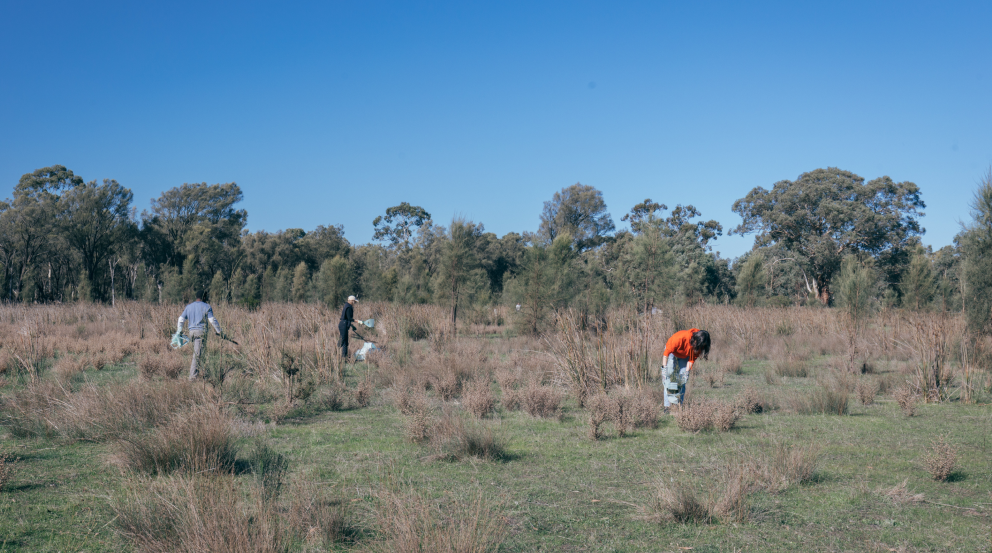In the midst of the climate crisis, a new crop of sustainably minded building and design companies are ensuring Australia’s homes of the future won’t cost the earth. Leading the charge is Melbourne-based The Sociable Weaver, a certified B Corp since 2019.
Imagine a world in which, instead of being built to maximise profit, the majority of houses and apartments were designed and constructed with the specific intention of increasing the quality of life of their human inhabitants.
Now, imagine those houses and apartments were also built in harmony with the natural environment, in a manner that utilised natural light while harnessing energy from the sun, the rain and the wind.
It might sound like a pipe dream, but this world needn’t be all that far away. With some experts suggesting that 75% of the global infrastructure that will exist in 2050 doesn’t exist today, what, how and why we build over the next 30 years will have an enormous impact on not just our quality of life and our relationship with nature, but on the long-term prognosis of our planet.
Just ask Reece Stubbs, general manager of The Sociable Weaver, a sustainably minded design and building company based in Melbourne (and just one part of The Sociable Weaver Group, which includes Small Giants Developments and Martin Builders). Named after an African bird that constructs nests that house several generations at a time and last for hundreds of years, all Sociable Weaver homes meet a minimum 7-star energy rating, and are either carbon neutral or carbon positive, where possible. They’re also, for what it’s worth, beautiful.

“We’re actually just putting together our own impact report, which will look at the carbon footprint over the lifetime of each of our homes,” says Reece. “It’ll compare the impact of our homes to other average homes that are being built at the moment. It’s quite amazing to see the amount of carbon that’s reduced by building a 7.5- or 8.5-star home.”
The Sociable Weaver team achieve these results by making sure all of their homes are harnessing the natural rhythms of the earth to meet all of their occupants’ needs. “We use the sun and the weather to heat and cool, rather than relying on mechanical heating and cooling, which has been the norm for a long time,” says Reece.

That means passive solar design, houses having a north-facing aspect wherever possible (to benefit from natural light and the sun’s warmth), better insulation, rainwater tanks, minimising a home’s footprint, using recycled materials and more besides. The team’s ‘10 Star Home’, which was built at The Cape eco-village in Cape Paterson, takes all of this to the nth degree – and actually generates more energy than it needs to run.

The team even strives for waste-free building sites, and don’t allow takeaway coffee cups on site. “We’re trying to shift the culture a little in the building industry,” says Reece. “It’s been a pretty macho, male-dominated industry for so long. We’re hoping to bring a little more femininity into it.”
The brainchild of Dave Martin, considered a leader in Australia’s construction industry, and Danny Almagor, the CEO of Small Giants (Australia’s first B Corp), The Sociable Weaver’s mission is to “create positive change across the built environment.” A certified B Corp since 2019, Reece is a big advocate for using business (and building) to help move the needle on some of the more pressing issues of our time.
“That triple bottom line – people, planet and profit – is hugely important to us,” he says. “We want our homes to become intergenerational – most homes these days last 15 or 20 years before they start to deteriorate. We want ours to last 50 to 100, and to be passed down through the generations.”
Find out more about The Sociable Weaver.








